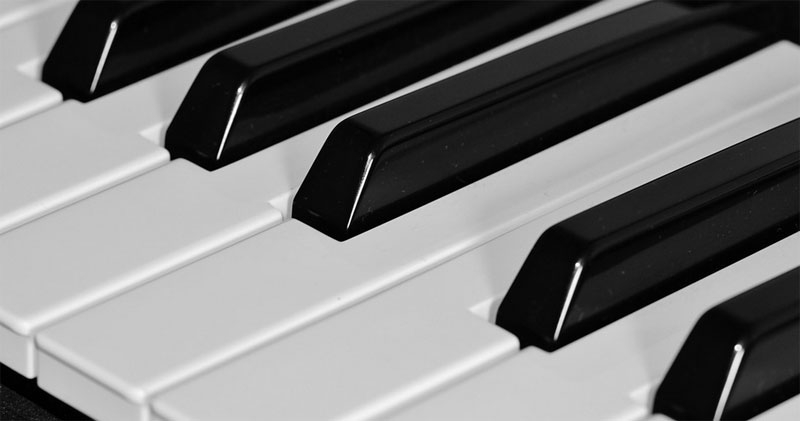Playing piano has often been shown to have a positive impact on the brain and even overall well being. Practicing piano not only reduces depression, but is also an excellent enhancement for aging individuals. Playing an instrument, especially the piano, requires a number of complex processes such as fine motor skills, dexterity, creativity, and mathematical problem solving. Additionally, studies have proven that it can provide added defenses against memory loss and cognitive decline.
Mind Map
This phenomena could be due to the heightened brain activity that playing an instrument generates across various areas such as in the visual, auditory, and motor cortices. Furthermore, playing the piano allows meaningful information to pass more easily through using multiple pathways. Not only does this lead to an increase in executive functioning in the areas of planning and strategizing, but an overall ability to multitask and possess a comprehensive memory function is also a wonderful side effect.
Brain Building
The benefits of learning to play the piano persist long after lessons have ceased. Researchers at Northwestern University recorded the auditory brain stem responses of college-aged students and determined they were better able to pick of essential elements, indicating that music lessons can help resist the effects of aging and cognitive decline. Furthermore, the improvement in the frontal lobes lead to better decision making skills and improves social behavior. So whether you need to get a bachelor degree in business or a masters in biology, coupling your studies with a skill that requires physical function like piano can really help build your brain up.
Physical Function
Think about what is required to play the piano when deciphering all of this information. A player uses both hands to play simultaneously over 88 keys. Additionally, they have the potential to play ten notes at a time, look ahead at what is coming next, and utilize a foot pedal. The mental processes needed to navigate the music is remarkable and can lead to the development of a unique brain pattern.
Long-Term Effects
For players who have far surpassed the novice stage, long-term motor practice can lead to an increase in manual dexterity, meaning that piano players require less energy to concentrate. Coupled with this is the fact that learning to play the piano can increase IQ levels by up to seven points. This has been proven in both children as adults so as the saying goes, "it is never too late to start".
Based on the extensive research that has been conducted and the endless benefits it provides, learning to play the piano is a skill set that is highly valued. The best gift you can give yourself or your children is the one that keeps on giving!
Eileen O'Shanassy is a freelance writer and blogger based out of Flagstaff, AZ. She writes on a variety of topics and loves to research and write. She enjoys baking, biking, and kayaking. Check out her Twitter @eileenoshanassy.


Thank you!
Please share Piano Wizard with your friends and help spread the joy.